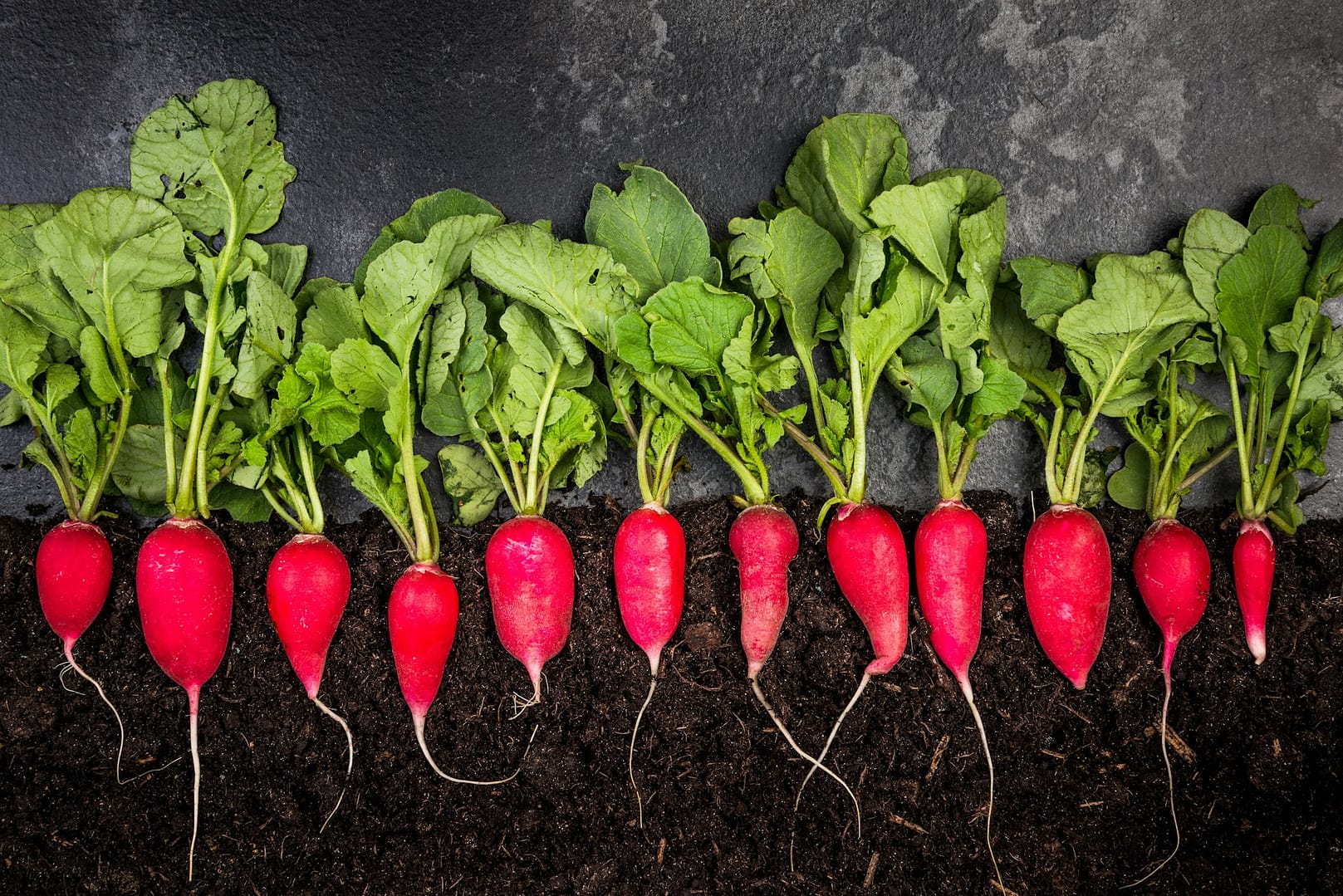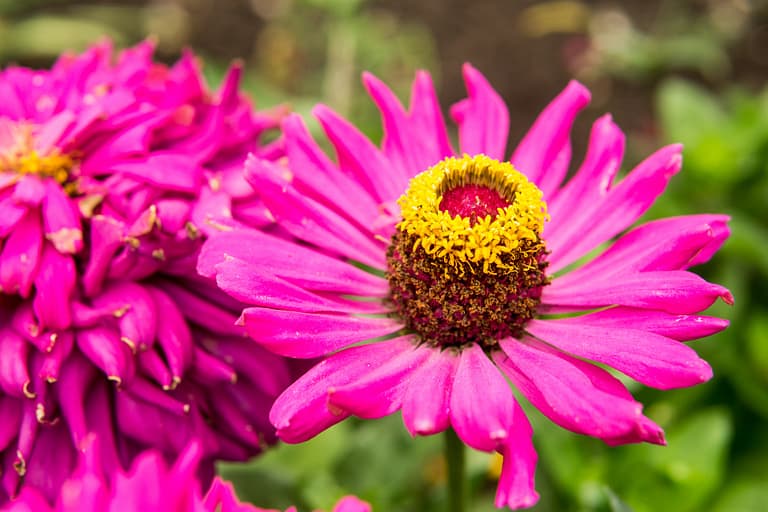Dallas Edible Gardens
Looking to create a safe and beautiful garden that provides fresh, delicious produce for your family?
Dallas Edible Gardens is the perfect solution. Their expertise lies in designing customized gardens that not only enhance the look of your outdoor space but also offer a sustainable source of safe, fresh produce.
From plant selection to soil preparation and pest control, they handle every aspect with precision.
If you're seeking a welcoming and secure garden environment, Dallas Edible Gardens is the ideal choice for your needs.
Key Takeaways
If you want a safe and beautiful garden that provides fresh, tasty produce for your family, Dallas Edible Gardens is the perfect solution. They specialize in creating custom gardens that not only enhance your outdoor space but also provide a sustainable source of fresh produce. They take care of everything from selecting plants to preparing the soil and controlling pests with precision. If you're looking for a welcoming and secure garden environment, Dallas Edible Gardens is the ideal choice for your needs.
Understanding the Dallas Climate
Before starting an edible garden in Dallas, it's crucial to understand the city's tough climate for successful cultivation. The scorching heat in Dallas can make it challenging to grow edible landscapes.
To tackle this, it's important to choose heat-tolerant plants that can withstand the intense Texas sun. Some suitable options include okra, black-eyed peas, and jalapenos, which thrive in hot climates. These sturdy plants can endure the extreme heat and still yield a plentiful harvest.
It's also beneficial to consider using shade structures or mulch to shield the soil and retain moisture during the blistering summer months.
Selecting Ideal Edible Plants
When creating an edible garden in Dallas, it's crucial to choose plants that can withstand the intense Texas sun and high temperatures. Opt for heat-tolerant edible plants like peppers, okra, sweet potatoes, and varieties of tomatoes and herbs such as rosemary, thyme, and oregano that are well-suited to the local climate. These plants not only thrive in the hot and dry conditions of Dallas but also offer delicious produce.
Consider the water and sunlight needs of the plants, as well as their ability to tolerate heat, when making your selections. By choosing the right edible plants, you can ensure a plentiful harvest despite the challenging climate.
Next, let's delve into preparing and maintaining the soil for your edible garden.
Soil Preparation and Maintenance
Before starting your Dallas edible garden, it's crucial to prepare the soil properly.
Begin by testing the pH level to ensure it falls between 6.0 to 7.0, which is best for most edible plants.
You can improve soil fertility and structure by adding organic matter like compost, well-rotted manure, or organic soil conditioners. This helps to keep the soil healthy.
It's also important to aerate the soil regularly to prevent compaction and encourage root growth.
Using organic mulch such as straw or wood chips can help retain moisture and keep weeds at bay.
During the off-season, consider cover cropping to prevent soil erosion and add nutrients.
Furthermore, practicing crop rotation can reduce the buildup of diseases and pests.
Watering and Irrigation Techniques
Watering and irrigating your edible garden requires efficient practices to support healthy plant growth. One effective method is using drip irrigation systems, which deliver water directly to the base of plants, reducing water waste and promoting even moisture distribution.
Another beneficial technique is rainwater harvesting, where you collect rainwater to use for watering your garden. These methods not only save time and effort but also help conserve water and promote sustainability in your garden.
For example, the 'XYZ Drip Irrigation Kit' provides an easy-to-install solution for efficient watering, while a 'Rain Barrel' can be used to collect and store rainwater for your garden.
Drip Irrigation Systems
Dallas edible gardens require a reliable drip irrigation system to efficiently water and maintain plant health. These systems deliver water directly to plant roots, promoting healthy growth while minimizing water wastage.
In the hot and dry Dallas weather, drip irrigation ensures consistent moisture for edible plants, vital for their well-being. By avoiding leaf wetting, these systems also help prevent fungal diseases, creating a safe environment for your garden.
They're practical, providing essential hydration to plants while conserving water. Incorporating a drip irrigation system in your Dallas edible garden isn't only beneficial but also environmentally responsible, especially in a region where water conservation is paramount.
For example, consider using the XYZ Drip Irrigation Kit for an easy-to-install and efficient solution.
Rainwater Harvesting Methods
When you incorporate rainwater harvesting methods into your Dallas garden, you boost sustainability and reduce reliance on city water.
Using rain barrels, drip irrigation systems, rain gardens, permeable surfaces, and swales helps manage stormwater runoff, replenish groundwater, and support sustainable irrigation.
For example, rain barrels collect and store rainwater for watering plants, while drip irrigation systems efficiently deliver rainwater to plant roots, minimizing waste.
Rain gardens are also beneficial, managing runoff and replenishing groundwater.
These methods ensure a dependable water source for your garden, reduce your ecological impact, and contribute to a healthier environment.
Efficient Watering Practices
When caring for your Dallas edible garden, it's essential to water efficiently for optimal growth and water conservation. Drip irrigation and soaker hoses are great options for this. These methods ensure that your edible plants receive consistent moisture, which is vital for their health and productivity. By delivering water directly to the roots, they help prevent water waste and reduce the risk of fungal diseases by keeping the leaves dry.
Using organic mulch can also help retain moisture and suppress weeds, supporting efficient watering. It's important to consider the mature size and growth of nearby plants to make watering easier. These techniques not only promote a healthy edible garden but also help conserve water resources.
Next, let's explore effective pest control and management to protect your thriving edible garden.
Pest Control and Management
Good pest control and management are essential for a thriving edible garden. You can protect your plants and maintain a healthy garden ecosystem by using natural pest repellents and integrated pest management techniques.
Additionally, companion planting for pests is a great way to naturally deter unwanted insects and attract beneficial ones. For example, planting marigolds alongside vegetables can help repel pests like nematodes.
This approach fosters a balanced and thriving garden environment, ensuring the well-being of your plants.
Natural Pest Repellents
In your Dallas edible garden, you can keep pests under control using natural repellents like neem oil and diatomaceous earth.
Neem oil, which comes from the neem tree, is an effective organic insecticide. It disrupts pests' life cycles without harming beneficial insects. It works well against common garden pests such as aphids, scales, and caterpillars.
Diatomaceous earth, a powdery substance made from fossilized diatoms, creates a physical barrier against pests. It's especially helpful for deterring crawling insects like ants, slugs, and beetles.
These natural pest repellents are safe to use in edible gardens. They help protect your plants without compromising their edibility or harming beneficial insects.
Integrated Pest Management
In your Dallas edible garden, you can use Integrated Pest Management techniques to control pests and protect the quality and nutrition of your produce. Here are some practical steps to help you manage pests effectively while promoting your garden's health:
Start by incorporating pest-resistant plants like marigolds, chrysanthemums, and lavender into your garden design. These plants not only add beauty to your garden but also naturally repel common pests, serving as a protective barrier.
Companion Planting for Pests
In your Dallas edible garden, you can improve pest control with companion planting. This technique involves placing plants that naturally repel pests next to those that are prone to pest infestation. This creates a balanced ecosystem that helps regulate pest populations.
For example, planting basil, marigold, and chrysanthemum can repel common pests like aphids, cabbage loopers, and Japanese beetles. Aromatic herbs such as rosemary, thyme, and sage, when planted alongside vulnerable crops, can deter pests and attract beneficial insects for natural pest control. For instance, pepper plants can benefit from being planted near basil and marigold.
By using companion planting for pests, you can reduce the need for chemical pesticides and create a safer and healthier garden environment.
Now, let's move on to essential seasonal care and maintenance for your Dallas edible garden.
Seasonal Care and Maintenance
Taking care of woody herbs in your Dallas edible garden requires adjusting your maintenance routines as the seasons change. This ensures that your garden stays healthy and productive all year round. Here are some seasonal care tips to help you cultivate a thriving garden:
During spring and summer, remember to prune your woody herbs regularly to maintain their shape and encourage bushiness. Additionally, harvest creeping thyme leaves in the morning to enjoy the best flavor.
As fall and winter approach, apply organic mulch to retain moisture and suppress weeds around your woody herbs. It's also crucial to ensure well-drained soil to prevent root rot when growing easy-to-care-for woody herbs.
Frequently Asked Questions
What Is in an Edible Garden?
An edible garden consists of growing vegetables, fruits, herbs, and flowers. This type of garden emphasizes sustainability, organic gardening, and urban farming. By cultivating an edible garden, you can enjoy fresh, safe produce while connecting with nature. For example, you might grow tomatoes, strawberries, basil, and marigolds in your edible garden. This allows you to have a variety of fresh, organic ingredients for cooking and enjoying outdoors while reducing your ecological footprint.
Can You Grow a Garden in Dallas?
Absolutely, gardening in Dallas can be challenging due to the local growing conditions. However, by selecting suitable plants such as tomatoes, cucumbers, and green beans and carefully planning your garden, you can overcome the weather challenges and cultivate a flourishing garden. For instance, you may consider using heat-tolerant tomato varieties like "Solar Fire" and "Phoenix" or compact cucumber varieties such as "Patio Snacker" for better results. Thoughtful planning and plant selection are key to successful gardening in Dallas.
What Is an Edible Landscape?
An edible landscape involves incorporating vegetables and herbs into your outdoor space, offering a practical and visually appealing way to enjoy fresh produce at home. By thoughtfully designing and selecting plants, you can create a beautiful outdoor space that also provides a sustainable source of fresh, flavorful ingredients for your meals. For example, consider planting colorful Swiss chard alongside your flowers or using basil as a fragrant border plant. This not only adds visual interest to your landscape but also enhances the overall functionality of your outdoor area.







